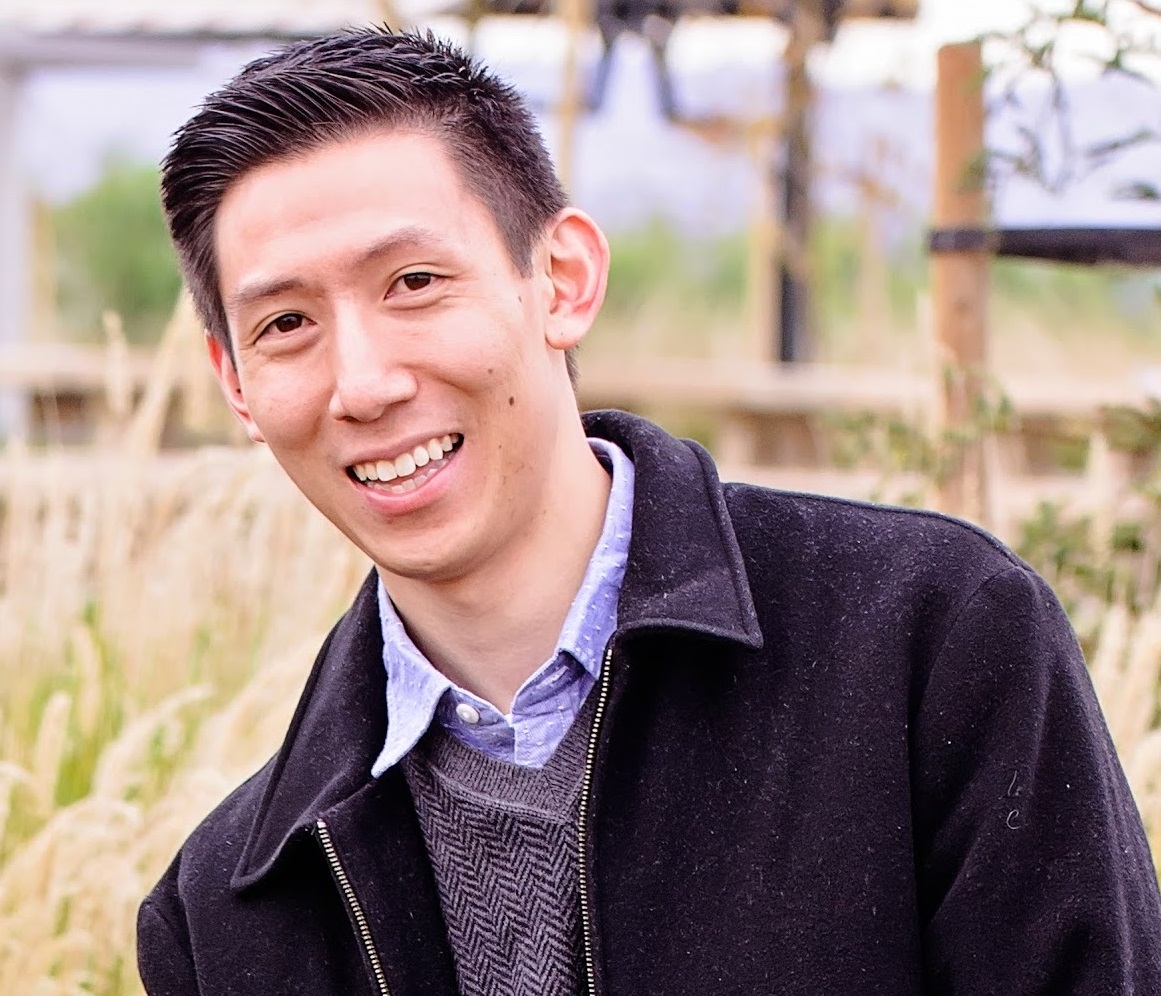Today’s post is by Garrick Wong, senior program officer
After packing dozens of moving boxes, saying farewell to friends and family, and making the 3,000 mile journey from Silicon

Valley to Hartford with wife and baby in tow, I’m excited to be joining the Connecticut Health Foundation (CT Health) and taking on the role of program officer. My task at the foundation is pretty simple: help more people in Connecticut gain access to better care, especially for those who currently lack it now – people of color.
Oh, did I say simple? Sorry, typo – I meant daunting.
In the weeks and months to come, I’ll have the chance delve into meaty health equity topics that CT Health prioritizes, so I thought my inaugural post might be better spent sharing a little about my story and why health equity is important to me.
My Health Equity Story
I first saw barriers to the health care system and challenges to accessing care through the lives of my relatives who arrived in the U.S. as blue-collar working-class immigrants. Many of my earliest childhood memories involve scenarios with family members delaying or forgoing medical care until their circumstances became dire. Their reasons for putting off care are now all too familiar: cost, language barriers, time constraints, cultural differences/preferences and concerns about stigma. Delays in diagnosis and treatment often resulted in unnecessary pain and suffering as their conditions worsened.
On the other hand, I personally had a completely different experience with the health care system – for a few critical reasons, of course. My parents came to the U.S. as high school students and learned English fluently. They graduated from the nearby state university and found good jobs in the Bay Area. Our family always had employer-sponsored health coverage and we never had to think twice about going to see the doctor – no ache or pain was ever too small to ignore. We never worried about being able to afford the care received, taking time off from work, or being able to communicate with our providers.
Through my childhood eyes, the discrepancy between my experience and that of my extended family just didn’t make any sense. Why did we not have equal access to care?
Flash Forward to Today
Those memories are a few decades old now and while health care reform has made significant strides towards improving coverage and access for people of color and underserved communities, much work still remains.
During one of our going-away gatherings, the conversation honed in on one particular family member’s latest health issue – an infected tooth nerve and necessary root canal. It started as a slight toothache and he waited weeks before seeing a dentist hoping the pain would eventually go away – it didn’t. The pain was affecting his diet and overall health. He doesn’t have dental insurance and would have to pay the full cost of the procedure – a hefty sum for someone with limited income. As my relatives took turns chiming in with their two cents about how best to deal with infected tooth, I was reminded (yet again) that the access gap remains.
Health equity matters to me because… it’s personal. I know my experiences are just a small microcosm of the larger health equity problem in this country. For me, it’s a personal mission to work on health issues affecting low-income and minority communities and I’m fortunate to have had the opportunity to do so throughout my career. My professional journey has spanned the nonprofit, government, and philanthropic sectors, and now that journey has brought me here to Connecticut. While the task of achieving health equity is daunting, I sincerely believe the opportunity to solidify gains (and make additional ones) is at hand.
I look forward to working collaboratively with all of you, our partners, and grantees to make health equity a reality in Connecticut (and hopefully beyond).